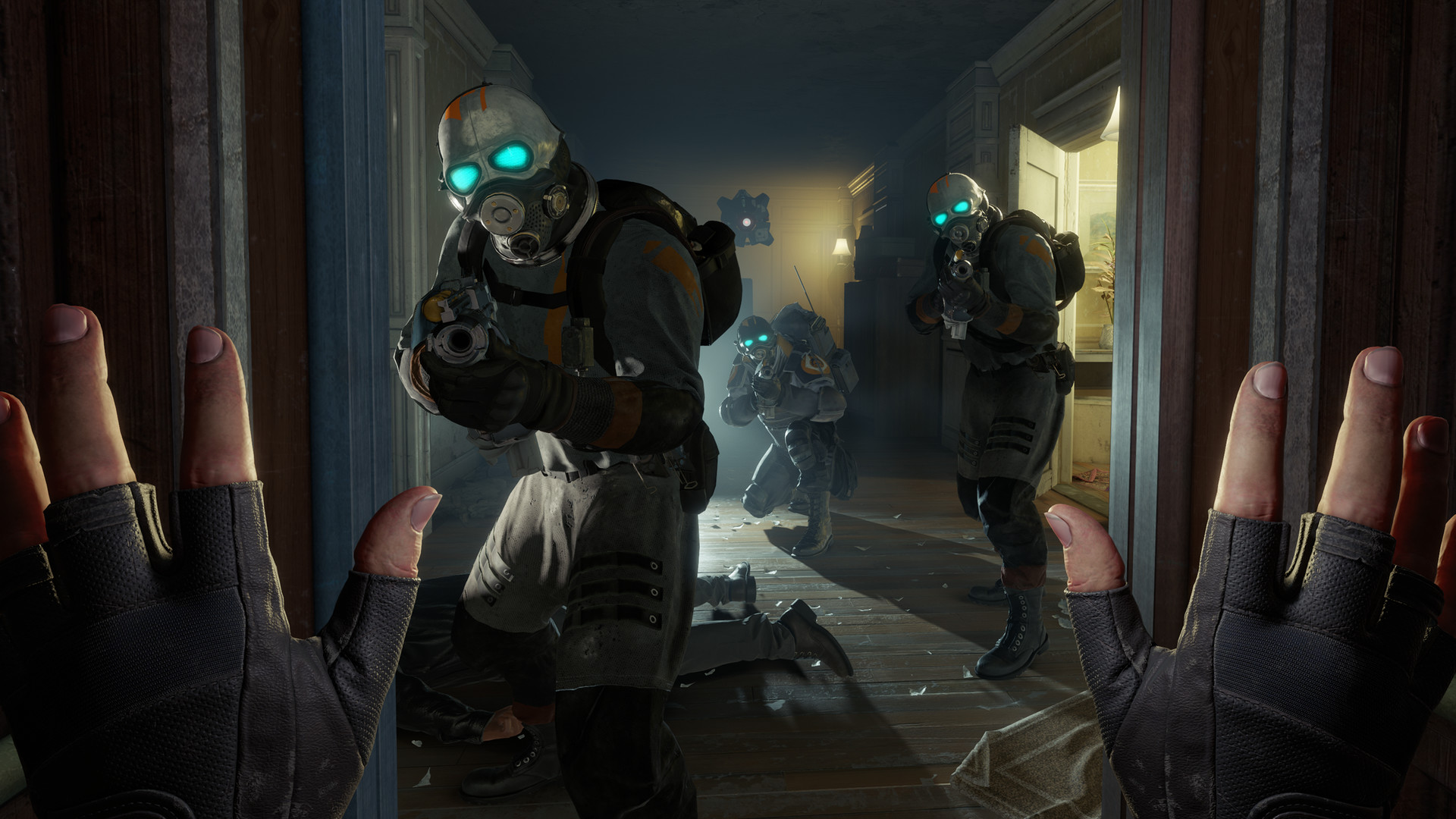
Behind the headlines at Valve's rocky start
www.gamedeveloper.com
My first formative memory of Valve was in 2009, when Left 4 Dead 2 was released on consoles and PC. At just barely sixteen years old, I didnt think about the developer who made the game, or how long Valve had been shaping the lives of players. I just knew I really enjoyed hunting zombies, and that the game itself was amazing to play.In 2025, Valve carries a completely different weight, as the maker of the Steam Deck, and some of the most iconic online games of our time. From Portal to Half-Life, Valve has challenged and shaped the game industry, but its success was hard-earned, as Monica Harrington explained at GDC 2025.Harrington, the retired CMO of Valve, explained how the company got its start in the late 1990s. While some of this story has been given via Mike Harrington and the Valve documentary Half-Life, Harrington dived into elements of the companys inception with more detail, including the steep costs that can come with throwing everything into a startup company.Success Can Mean Starting OverWhen Harrington became involved with Valve, she was actively working in the marketing department of Microsofts software and growing games department. She had a vision of what the future could hold, and how the consumer games market would grow. She was a driving force behind iconic Microsoft products, including Microsoft Office and the original Flight Simulator.Related:However, when Mike Harrington became involved with and helped found Valve, Monica Harrington found herself pulled into the fray by her then-husbands venture. Valve was picked up by Sierra Entertainment, and production began on the original Half-Life.Harrington explained that the path was grueling. They quickly tapped the bottom of their resources, and she found herself struggling to balance her work at Microsoft while keeping up with Valve.The team was stretched thin, with every member making sacrifices to see Valve succeed. That might be tough to believe given the publisher (and storefront)'s status in 2025, but the beginning was indeed humble.Harrington explained that, as she got to know her team, she became painfully aware of what was riding on the success of Half-Life. It wasnt just about shipping a good game, it was about honoring the team that had built it, and respecting the families and livelihoods at stake if they didnt manage to recoup costs.Because of this, Harrington and the Valve team decided to scrap their first attempt at Half-Life, starting from scratch after being unhappy with where the game was headed. This added extra pressure and anxiety around deadlines, but the choice likely secured the success Half-Life enjoyed when the reimagined version was launched in 1998.Related:Fighting For Success In a Flawed SystemHarrington didnt just face troubles with development and deadlines, however. She quickly realized that Valve had bigger problems when dealing with Sierra Entertainment.Half-Life was a resounding success, with fans and reviewers celebrating its groundbreaking gameplay. Harrington was prepared to tackle a game of the year edition for Half-Life following awards and accolades when Sierra announced it was pulling all marketing for the game.We hadnt come close to making back our money, and with that move, we never would, Harrington explained. She marched back to Sierra and demanded they continue to push the marketing. At this point, Harrington had walked away from her job at Microsoft, and she and her whole team were completely dependent on the success of Half-Lifes sales.I left the office that day not knowing what Sierra would do, She said. Despite her fears, Sierra agreed to do the game of the year marketing push. Doing so turned it into a marketing juggernaut, with sales skyrocketing as the new edition hit the shelves.Related:The Madness Behind The MethodWhile Valves story sounds romantic and empowering, several elements struck a chord with me and left me wondering if the mentality behind the mega-companys inception was actually inspiring.At one point, Harrington recalled when a member of the Valve team needed to step away for a wedding. It wasnt something luxurious or planned, but an emergency to keep the persons partner from being deported.She explained that the team was so desperate they couldnt spare the person. Instead of granting the leave and working around the situation for the mental health and safety of the team member, Harrington recalled that they instead threw a wedding ceremony in the office.To some, this might sound cute, but to me, this illustrates a deeply unhealthy mentality that has been built into the foundation of the industry. Developers of all disciplines have been caught by messages (implied and otherwise) that sacrifice is the key to success. Weve all put in long nights, skipped vacations, gone in sick, or pushed ourselves to burnout to meet the demands of an industry moving at warp speed.When Harrington told this story, and continuously mentioned the demands she had for her team, I couldnt help but wonder, "Was it worth it?" Valves success today has brought so many players memorable titles, but do we remember or talk about the devs and programmers who gave up chunks of their lives so those games could exist?One thing is clear, after listening to Harrington: the sacrifices she and her team made were the key to Valves success.However, Id be curious to know if she and all those original team members truly felt it was worth it.
0 التعليقات
·0 المشاركات
·13 مشاهدة


